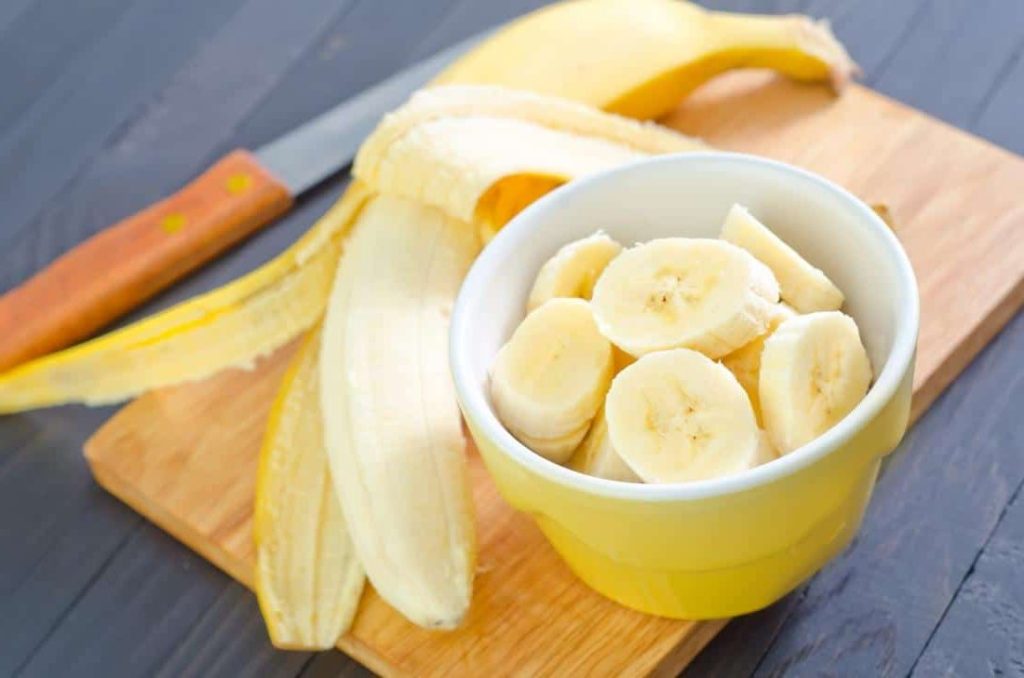For individuals with diabetes, closely monitoring the nutritional composition of their diet is crucial. Not all fruits that are typically considered healthy for maintaining stable blood sugar levels are suitable for diabetics. So, how about bananas? Are they a safe choice?
Keep reading to discover more about the relationship between bananas and diabetes.
Understanding Bananas
Bananas are part of the Musa plant species, thriving in tropical regions around the world. They are packed with iron, carbohydrates, minerals, and vitamins, making them a popular option for breakfast items, shakes, and smoothies.
Can Diabetics Eat Bananas?
The answer is both yes and no. Yes, in the case of unripe green bananas, which contain minimal sugar but are high in iron, calcium, and other vital minerals. These unripe bananas, also known as plantains, are particularly beneficial for those suffering from iron deficiency. They are rich in resistant starch, which has minimal impact on blood sugar spikes and can support long-term blood sugar regulation. With a low glycemic index (GI) of 30, green bananas are considered safe for diabetics.
Conversely, ripe yellow bananas are consumed as fruits. While they share many health benefits with unripe bananas, the sugar content and GI value increase. Ripe bananas can have a GI value up to 60; anything above 55 is generally not recommended for diabetes management. A partially ripe banana may have a GI value between 50 to 55, considered borderline safe. However, pinpointing this GI number when purchasing is challenging, making it advisable for those on strict blood sugar control regimens to avoid them.
Bananas in a Diabetic Diet: Tips and Recommendations
Pair bananas with healthy fats and protein. To enhance blood sugar control, consider eating a green banana with a source of unsaturated fats such as almond or peanut butter, pistachios, sunflower seeds, or walnuts to also improve the fruit’s flavor.
Opt for green bananas. Unripe bananas tend to release glucose more slowly compared to their ripe counterparts.
Choose smaller bananas. Bananas come in various sizes, and smaller ones contain fewer carbohydrates, having a lesser impact on blood sugar levels.
Consult with your healthcare provider to determine the right portion size and type of banana that best suits your dietary needs. They can offer personalized advice on how many bananas you can safely include in your diet.
